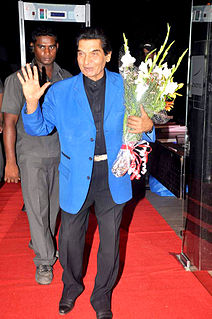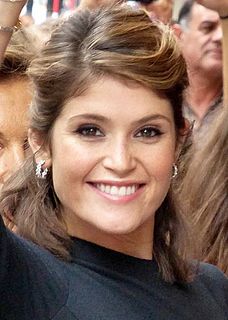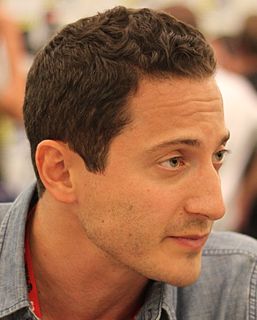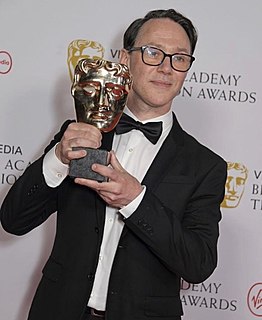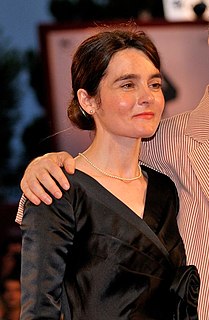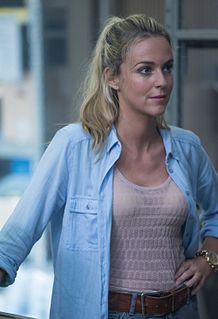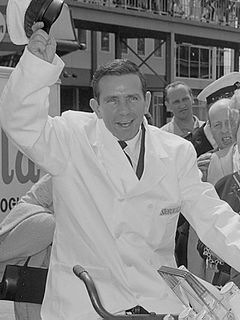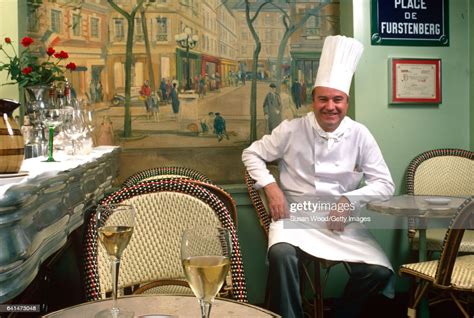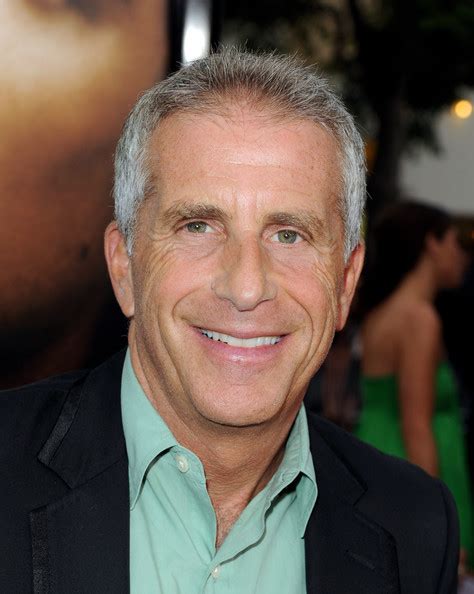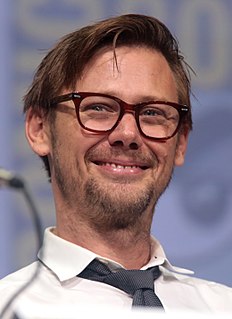A Quote by Keith Johnstone
I left my theatre the Loose Moose almost twenty years ago, and I hardly ever go back. Sometimes I go back to do a Mask class. They're doing more of this than I was doing when I left. Often it's the same improvisers but they're older. And now, they don't care if the theatre's full or not.
Related Quotes
As my passion is theatre when I do a film I'm taking time out from my theatre career. So, I'm desperate to get back into the theatre. So, I have to make sure that I put my foot down, especially with the agents and stuff, and say: "Hey no, I'm doing some theatre!" It is hard but it matters so much to me that it's just something that's going to be necessary and people will have to deal with it.
I went to theatre school for four years and just wanted to do theatre. I had no ambition to be on TV or to be on camera. I just wanted to go to New York or London and be on stage... I did a lot of theatre in Montreal, got involved in TV in Toronto and then moved to L.A. I hope that film and TV will take me back to theatre.
Live theatre is great. I loved doing the League live because you get that element of spontaneity, but then when I'm doing live I start to crave the precision of filming. It's a different discipline; it's like a scalpel and you're very precise suddenly. It's scary as well because you think this is it, this is my one go at making it if I can the best it can be, because this is how it's going to be remembered and rendered and left on this film indelibly. And people are going to look back on this and that's that.
I'm doing The Physicists, which is great, and I do have my agent to thank for that because a lot of agents try and talk you out of doing theatre. They don't push theatre because you can make more money doing television, whereas theatre wages are pretty shocking. But it's something I've always been keen to do and have been encouraged to do so, which is nice.
It was sort of in the jam-band era and it was at the Capitol Theatre in Port Chester [New York], right where I grew up. I actually went back there a couple years ago when I was on tour for Kroll Show. I performed at that theater, which was really cool to go back to the first place I'd gone to a concert.


